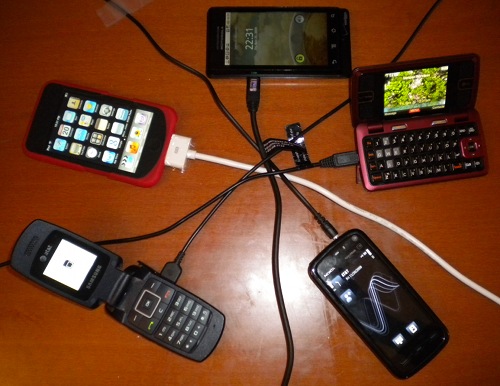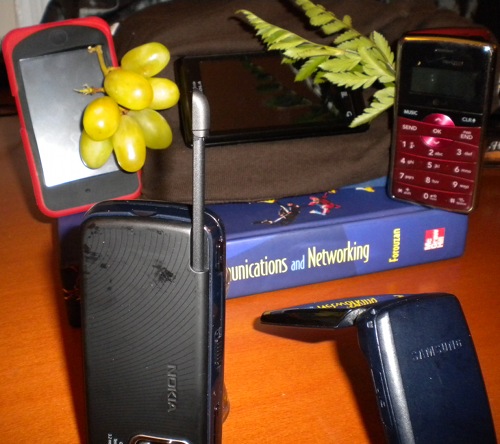Join me in an open-minded exploration of spirituality!
I’m starting a new online discussion group, to ask the great religious questions and consider every religion’s answers, and I want to invite you to join me! We’ll read excerpts (starting small and juxtaposed) from all the great religious texts, including the Torah, Bible, Qur’an, Bhagavad Gita, Buddhist texts, Baha’i texts, and Wiccan texts. We will approach this study as philosophers who believe that there’s hidden wisdom in the depths of religion, with a mind open to any answer and assumption and ramification, but accepting nothing without inspection.
Some of the questions I want to ask are:
- What happens when we die?
- Are we a part of God, the whole of God, or greater than the gods?
- Is escape through enlightenment possible or desirable?
- What is the relationship between the Good Life and the Moral Life?
- Which matters: the ends, means, or intents?
- How many layers of misperception lie between us and the gods?
- What role do prayer, worship, asceticism, and charity have in spiritual growth?
I also want to grapple with the scientific community’s answers to these questions. While I’ve grown dissatisfied with the answers that science is purported to give to spiritual questions, I do not want to reject any of science. The domains which science can address are limited by design, and ultimately I do not believe it can explain subjective awareness or respond to the Army General’s dilemma. At the same time, science provides whole new opportunities for spiritual quandary, such as the multiple universes of quantum mechanics and the unknowabilities of Godel and Heisenberg. Concerning science, I want to ask, “What are space, time, and causation?”, “What is free will?”, and “How much personal delusion is involved in the universe we perceive?”
The goal of this study group is to move beyond prescribed answers. I want to join Jainism and Buddhism– the no-action and no-thought sides of the enlightenment coin. I want to resurrect gnosticism and Spinoza, and apply the modern advances from drugs, psychology, and multiculturalism. I want to combine the diametrically opposed western and eastern understanding to self, growth, and spiritual discipline into a new kind of schizophrenic whole.
The Hindu gurus say that you’re ready to start understanding spirituality at age 50, and it takes about 84 thousand lifetimes. But if there’s any western arrogance I share, it’s that nothing needs to take longer than a lifetime, and the time to start is always now.


